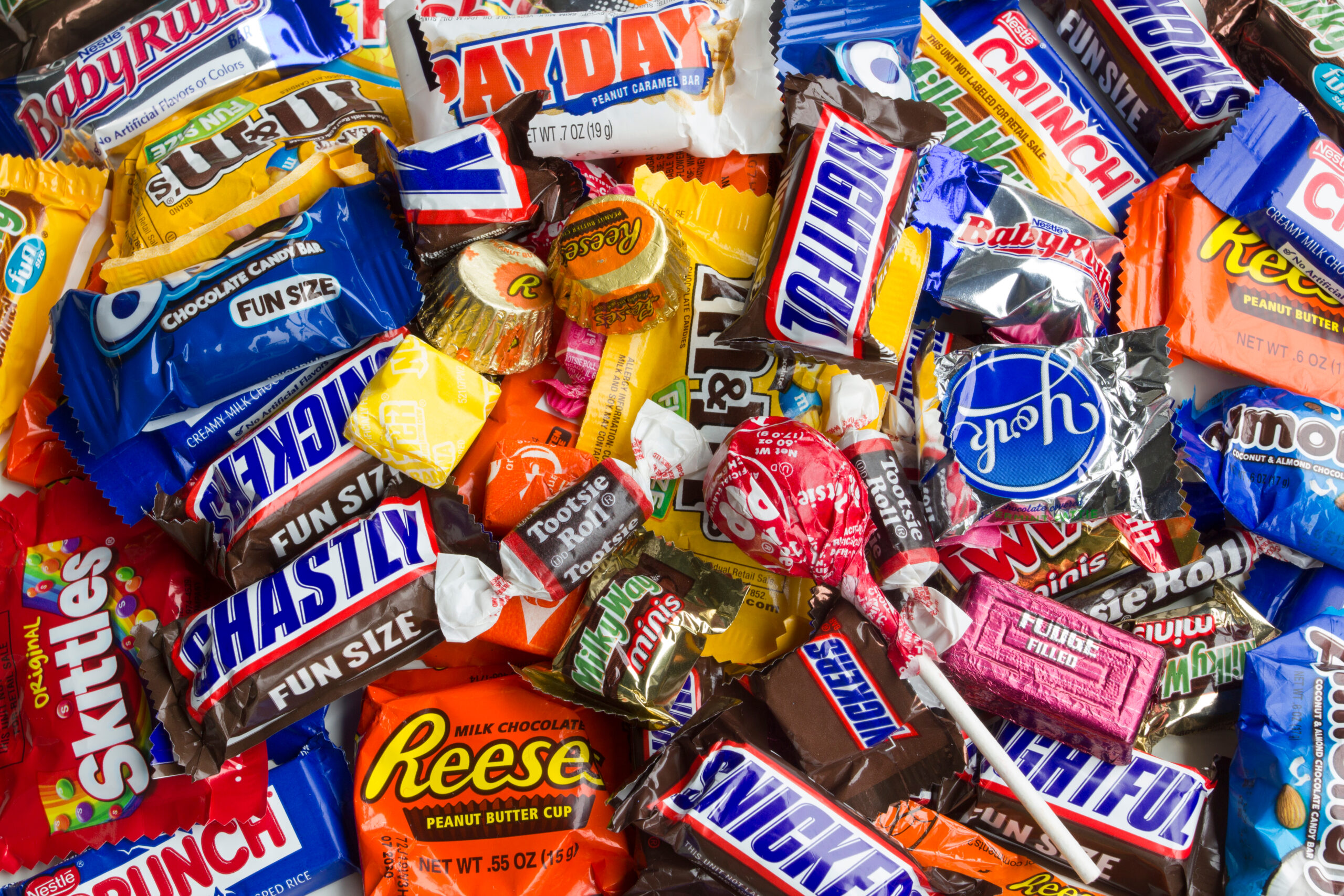“Not for Humans”? Why Texas May WARN You

Texas lawmakers have advanced a bill that could force popular snacks like Skittles, M&Ms, and Doritos to carry warning labels stating they contain ingredients “not recommended for human consumption.”
At a Glance
- Texas Senate Bill 25 would require warning labels on products containing ingredients banned or restricted in other countries
- The bill targets 44 specific ingredients found in popular snacks and drinks that are legal in the U.S. but regulated elsewhere
- Health and Human Services Secretary Robert F. Kennedy Jr. supports the measure, promoting consumer transparency
- Food manufacturers and retail associations oppose the bill, warning of consumer confusion and increased costs
- If signed by Governor Greg Abbott, companies would have until 2027 to comply
Warning Labels Target Popular American Snacks
A groundbreaking bill advancing through the Texas legislature could dramatically change how familiar snack foods are packaged nationwide. Senate Bill 25 would require manufacturers to prominently display warning labels on products containing any of 44 specific ingredients that are legal in the United States but restricted or banned in the United Kingdom, European Union, Canada, or Australia. The warning would explicitly state that the product contains ingredients “not recommended for human consumption” by authorities in those regions.
Household favorites like Skittles, M&M’s, Doritos, Mountain Dew, and many other processed foods would require these warning labels under the proposed legislation. The bill requires the warnings to be displayed in a font size at least as large as the smallest FDA-required information and placed prominently on packaging where consumers will notice before purchase. While the bill has passed both chambers with bipartisan support, Governor Greg Abbott has 20 days to decide whether to sign it into law.
Federal Support Versus Industry Opposition
The bill has gained strong backing from Health and Human Services Secretary Robert F. Kennedy Jr., who has announced plans to phase out artificial dyes in food products by 2026. Kennedy’s office has expressed support for state-level initiatives like Texas Senate Bill 25 that promote greater transparency in food labeling.
“Secretary Kennedy encourages states to promote healthy practices and enhance consumer transparency in food labeling. Americans deserve to know what’s in their food so they can make informed choices for themselves and their families.”, said Emily G. Hilliard.
However, the bill faces significant opposition from food manufacturers and industry representatives. Major companies including PepsiCo, Mondelez, Coca-Cola, Conagra Brands, and retail giant Walmart have expressed concerns about the legislation’s impact. The Consumer Brands Association and Texas Retailers Association are urging Governor Abbott to veto the bill, arguing it would create an unnecessarily burdensome regulatory environment based on foreign standards rather than U.S. or Texas-specific health assessments.
Safety Debates and Implementation Challenges
Industry representatives maintain that ingredients currently used in American food products have undergone rigorous safety testing and approval processes through the FDA. They argue that labeling based on foreign standards could create unwarranted consumer alarm about products that meet all U.S. safety requirements. Critics of the bill also point to potential economic impacts, including increased manufacturing costs that could be passed on to consumers.
“The ingredients used in the U.S. food supply are safe and have been rigorously studied following an objective science and risk-based evaluation process. The labeling requirements of SB 25 mandate inaccurate warning language, create legal risks for brands and drive consumer confusion and higher costs.”, said John Hewitt.
The bill includes several exemptions, including products not intended for human consumption, restaurant foods, drugs, dietary supplements, and certain agricultural products. If signed into law, manufacturers would have until 2027 to comply with the new labeling requirements. Meanwhile, the FDA is working on establishing national standards for transitioning from petrochemical-based food dyes to natural alternatives, which could potentially preempt some aspects of the Texas legislation.
Governor’s Decision Pending
Governor Abbott’s office has indicated he is carefully reviewing the legislation before making a decision. The bill represents a significant step in food labeling regulation that could have nationwide implications if manufacturers decide to standardize packaging rather than creating Texas-specific versions of their products. Abbott has until later this month to sign or veto the bill, which would take effect in September if approved.
“Governor Abbott will continue to work with the legislature to ensure Texans have access to healthy foods to care for themselves and their families and will thoughtfully review any legislation they send to his desk.”, said Andrew Mahaleris
As the deadline approaches, both consumer advocacy groups and industry representatives continue to make their cases for and against the legislation. The bill represents a significant test case for whether states can implement more stringent food labeling requirements than federal standards, potentially changing how Americans view the snack foods that have long been staples in their pantries.
























